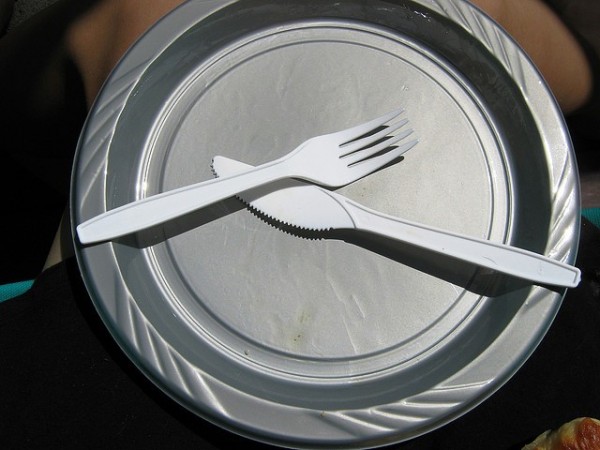Fasting Controls Bad Cholesterol Levels in Pre-Diabetic Patients: Study

Fasting can bring down the level of bad cholesterol in pre-diabetic patients, according to a study.
Previous research suggests fasting curbs the chances of developing diabetes and heart diseases. A recent trial also found fasting for three days helps boost immunity and health by improving gut bacteria. Experts from the Intermountain Heart Institute at Intermountain Medical Center in Murray, Utah, found pre-diabetic patients or those with glucose level above normal range but not too high can benefit by not eating anything for about 10 to 12 hours. They add this method utilizes the energy stored in the body and metabolizes low density lipoprotein or bad cholesterol from the fat cells.
Their study involved participants aged between 30 and 69 having at least three of five risk factors of diabetes like abdominal obesity or too much fat deposits around the waist, high triglyceride levels in blood, high blood pressure, low amount of HDL and high fasting blood sugar. At the beginning the cholesterol levels on all subjects slightly increased .But, after six week of observation the weight of the participants went down by three pounds and the cholesterol levels reduced by 12 percent.
While fasting, the LDL drawn from fat cells gets used up preventing insulin resistance, a state where the pancreas produce insulin in excessive amounts till they cannot produce anymore to meet the body's requirement.
"Cholesterol was used for energy during the fasting episodes and likely came from fat cells, this leads us to believe fasting may be an effective diabetes intervention. The fat cells themselves are a major contributor to insulin resistance, which can lead to diabetes," said Benjamin Horne, study author and director of cardiovascular and genetic epidemiology at the Intermountain Medical Center Heart Institute, in a news release.
"Because fasting may help to eliminate and break down fat cells, insulin resistance may be frustrated by fasting."
However these findings do not encourage pre-diabetic individuals to blindly start fasting to achieve immediate results. The authors believe the method used in the study took some time to allow the body to use up bad cholesterol. They add further investigation is needed to accurately determine the frequency and duration of fasting to avert complications in at risk patients.
This research was presented at the 2014 American Diabetes Association Scientific Session in San Francisco.
Jun 16, 2014 11:07 AM EDT





